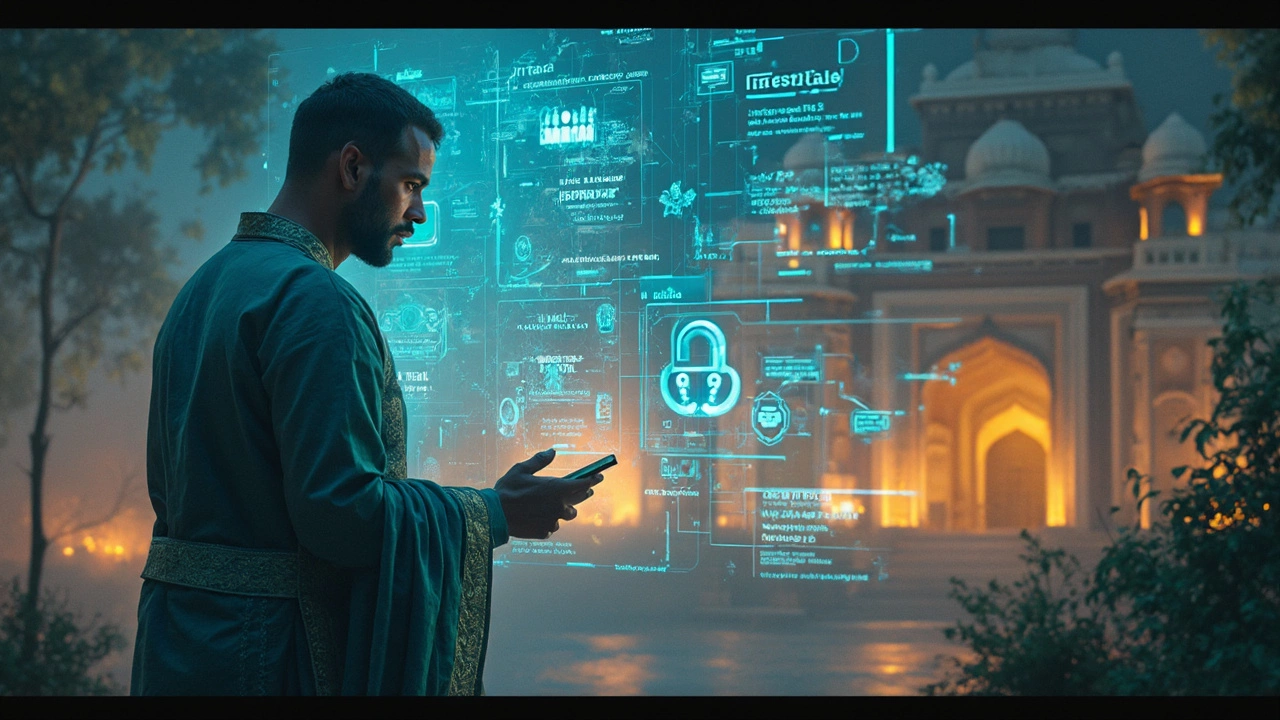Cyber Defenders – Your Online Protectors
Ever wonder who’s behind the scenes when a hack tries to steal your data? That’s the job of cyber defenders. These are the people, teams, and even software that hunt down threats, block attacks, and patch vulnerabilities before they cost you money or privacy.
In plain terms, a cyber defender is anyone who works to keep the internet safe for you. They can be government agents, private security firms, corporate IT teams, or independent white‑hat hackers. What they share is a focus on spotting bad activity early, responding fast, and educating users so they don’t fall for tricks.
Typical Roles in the Cyber Defense Game
Security analysts monitor network traffic and logs. When something odd pops up—like a login from a foreign country—they investigate and decide if it’s a false alarm or a real breach.
Incident responders jump in when an attack succeeds. They isolate infected machines, erase malicious code, and restore services. Think of them as the fire‑fighters who rush in when the alarm sounds.
Penetration testers (or “pen testers”) act like the bad guys, but with permission. They try to break into systems to highlight weak spots. Their reports help fix holes before criminals find them.
Threat intelligence analysts collect data about new malware, phishing campaigns, and hacker groups. By sharing this intel across the industry, they raise the overall defense level.
Security engineers design and implement protective measures—firewalls, encryption, multi‑factor authentication. They turn the advice from analysts into actual barriers.
Tools and Tactics You Should Know
Cyber defenders rely on a mix of software and best practices. Here are a few you’ll hear about often:
- Firewalls block unwanted traffic before it reaches your devices.
- Endpoint detection and response (EDR) tools watch each computer for suspicious behavior.
- Security information and event management (SIEM) platforms aggregate logs from many sources to spot patterns.
- Threat hunting is a proactive search for hidden attackers, not just reacting to alerts.
- Patch management keeps software up‑to‑date so known bugs can’t be exploited.
But tools alone aren’t enough. Cyber defenders stress education: strong passwords, awareness of phishing emails, and regular data backups. The more you know, the less you’ll need to rely on emergency fixes.
If you’re a small business or an individual, you can still benefit from these practices. Use a reputable password manager, enable two‑factor authentication wherever possible, and keep your operating system current. When you see a suspicious email, pause—check the sender, hover over links, and verify before clicking.
In the bigger picture, governments run national CERT (Computer Emergency Response Teams) that issue alerts for large‑scale threats. Private companies often join Information Sharing and Analysis Centers (ISACs) to exchange threat intel. This collaboration makes it harder for attackers to move undetected.
Bottom line: cyber defenders are a diverse group working together to stop attackers before they reach you. Their job isn’t just technical; it’s also about making you more aware and resilient. By understanding who they are and what they use, you can align your habits with their best practices and stay a step ahead of cyber crime.
What Do Cyber Defenders Do? Exploring the Role of Cyber Crime Lawyers
Explore the role of cyber defenders, specifically cyber crime lawyers, as they navigate the complex world of online threats. Understand how they protect individuals and organizations from cyber-attacks and the essential skills they bring to the table. Discover the challenges they face and the strategies they use to keep digital spaces secure. Learn how their expertise helps in understanding and interpreting cyber laws and regulations. This glimpse into their world sheds light on how they fight against cyber crimes in a constantly evolving digital landscape.
